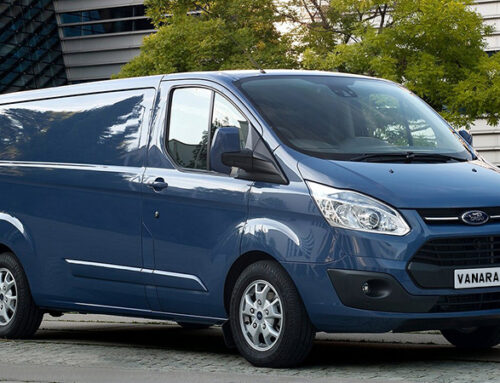Finance Lease
Finance lease is popular with van operators and comes with all the benefits of outright ownership, but many of the cash flow and VAT advantages of contract hire and so is seen as a good compromise between the two.
Just like contract hire you pay a deposit followed by fixed monthly payments.
You have a choice of either going for lower monthly payments followed by a large payment at the end of the lease – the balloon payment – which is normally covered by the sale of the van, or paying more each month and then getting back up to 95 per cent of the price the van is sold for in the form of a rebate from the rental company.
If you opt for the second choice and, at the end of the agreement, think there is still plenty of mileage left in the van you can always enter into a secondary rental period, often called a peppercorn rental as it costs very little.
Finance lease is a very popular choice for VAT registered companies as they can generally claim back 100% of the VAT on commercial vehicles (subject to no private use).
Advantages include: Minimum capital expenditure; Accurate monthly budgeting; A fixed interest rate is available on some contracts; No damage recharge as you are responsible for disposal of the vehicle; Reduced administration; Optional replacement vehicle cover in event of breakdown
Disadvantages: You will never own the vehicle as the vehicle must be sold to a third party as the end of the agreement; Operating risk associated with the vehicle; Interest rates can vary on some contracts; You must have fully comprehensive vehicle insurance.
Hire Purchase
Hire purchase is a term everyone is familiar with and basically means you agree to buy the vehicle over a set period, normally three years, by paying agreed monthly installments.
When you make the last payment the van is yours to carry on using or sell on. Stating the obvious you are responsible for its maintenance as well as road tax (VED) while making the hire purchase payments.
The tax man treats hire purchase as a deferred purchase agreement rather than a hire agreement so for corporation tax purposes the van is deemed to belong to you from delivery, so you can claim capital allowances as if you had paid for it in full on delivery.
Advantages: A very simple method of finance; You can obtain capital allowances from the date of delivery; It does not suffer a partial lease rental tax disallowance
Disadvantages: It’s an on balance sheet form of finance; There is no guarantee of the value of the vehicle at the end of the agreement; All the VAT element of the purchase must be paid up front








Leave A Comment